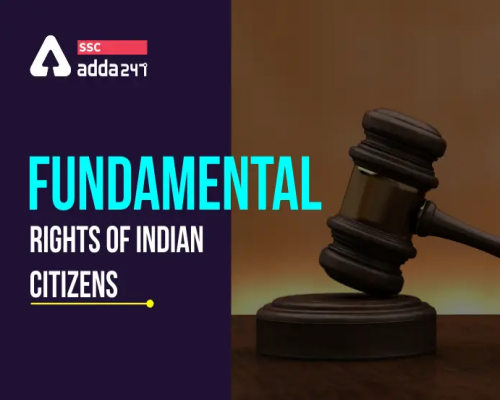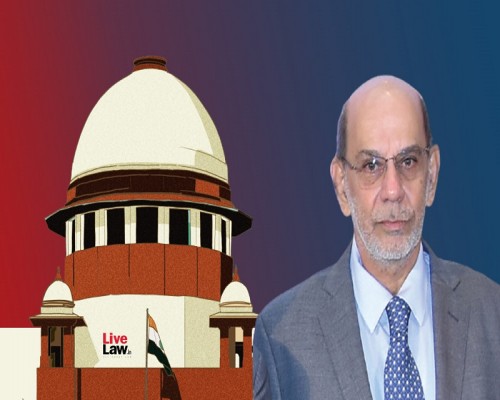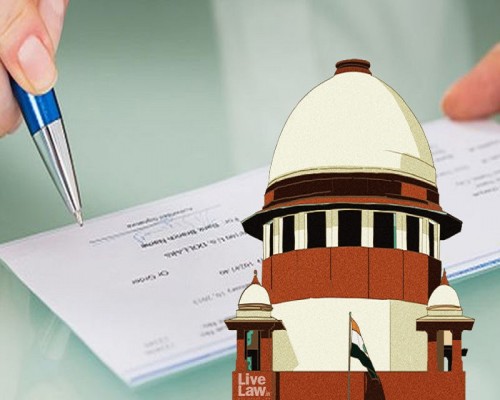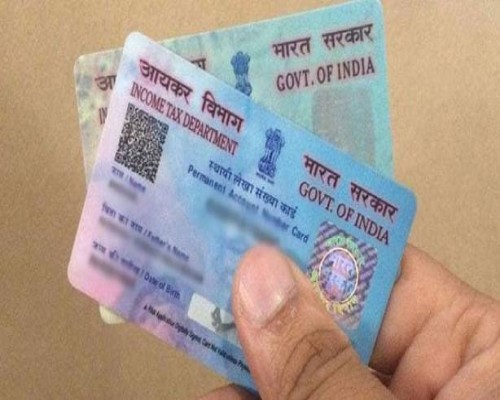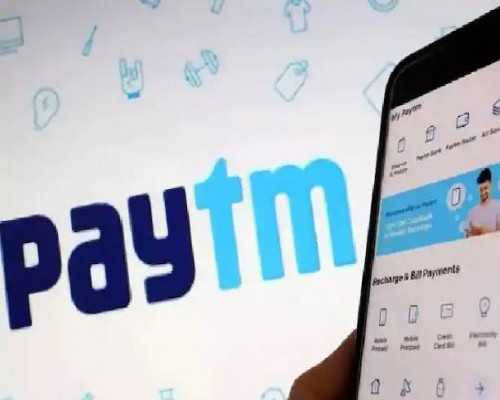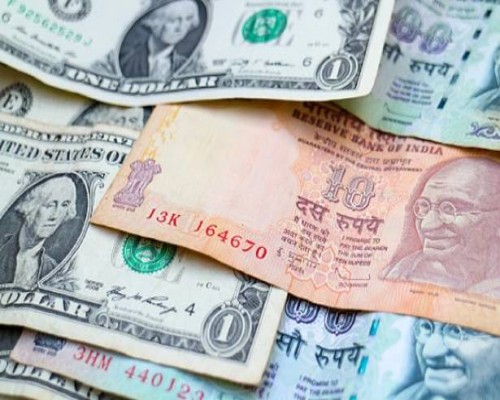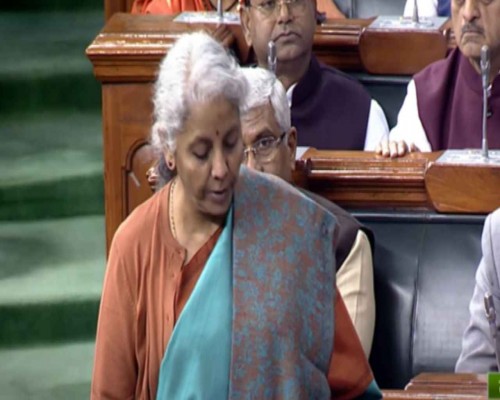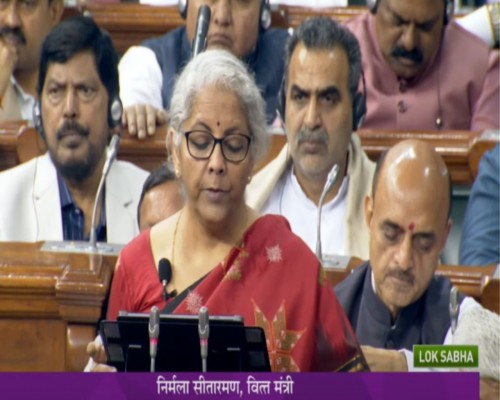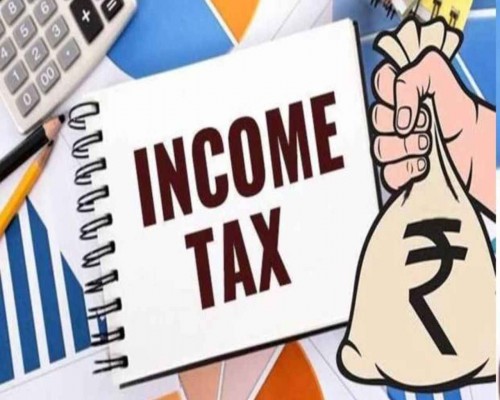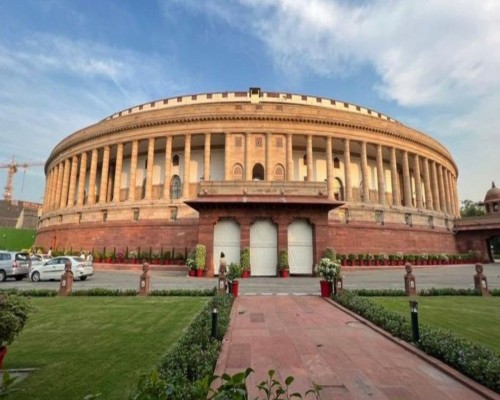Interest Rates Reduced After 5 Years, EMIs to Get Cheaper
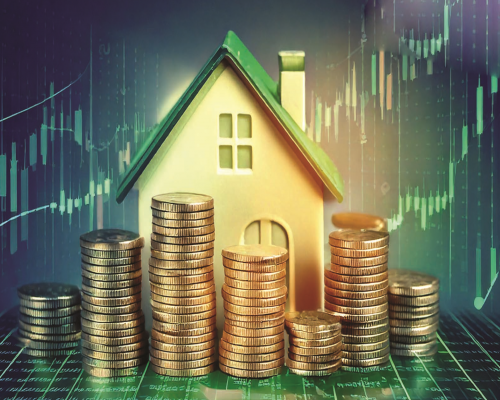
In a major relief for borrowers, the Reserve Bank of India (RBI) has reduced the repo rate by 0.25%, marking the first such cut in five years. This decision, announced by RBI Governor Shaktikanta Das, is expected to lower interest rates on home loans, auto loans, personal loans, and corporate borrowings, benefiting millions of consumers.
With this reduction, the repo rate has dropped from 6.50% to 6.25%, which will ease borrowing costs for businesses and individuals alike.
Impact on Consumers
• Lower EMIs – Banks are expected to pass on the benefits of the rate cut to customers, leading to a decrease in monthly loan installments (EMIs).
• Boost for Housing & Auto Sector – Lower interest rates will encourage more home and car purchases, stimulating growth in real estate and automobile industries.
• Relief Amid Rising Inflation – Despite the relief in loan rates, inflation remains a concern, currently hovering at 4.8% for the financial year.
SBI Assures Benefits for Customers
India’s largest lender, the State Bank of India (SBI), has hinted that it will soon revise interest rates, ensuring that customers benefit from the RBI’s decision. According to Dinesh Khara, Chairman of SBI, the bank is analyzing how quickly they can adjust lending rates in response to the repo rate cut.
Economic Outlook
The RBI has projected a 6.4% economic growth rate for the current financial year, slightly lower than previous estimates. Governor Shaktikanta Das highlighted that this rate cut is aimed at supporting a slowing economy while balancing inflationary pressures.
Will There Be More Rate Cuts?
Market experts suggest that another 0.25% rate cut is possible, depending on how inflation trends in the coming months. However, the RBI is expected to adopt a cautious approach before making further reductions.
This repo rate cut signals a shift in monetary policy and is expected to provide relief to consumers and businesses, making borrowing more affordable and boosting economic momentum.







